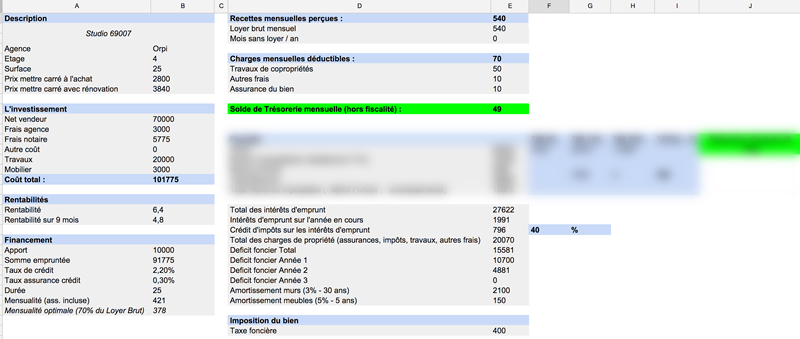


For example, prior to the 1930s empirical arguments were made without the tools of econometrics. This view, however, is inconsistent with the fact that historically economic methodology has undergone and continues to undergo evolution and change (Hands, 2001). Our methods and tools may develop and allow improvements in economics, but the methodological standards for evaluating economic theories do not change. By new standards, that is, I do not mean that the nature of methodological reasoning itself changes, but only that such things as better prediction, greater realism, and enhanced precision become possible.Ģ Some may say that the basis on which explanations are evaluated in economics never changes, and that economic methodology provides a given set of unchanging standards by which we evaluate all theories and approaches in economics whatever methods they employ. If we suppose, then, that the introduction of new methods in economics improves economic explanations in the sense of placing them on a “sounder basis,” this means that their introduction not only improves the content of economics but also sets new standards regarding what counts as a good explanation in economics. Though ‘method’ and ‘methodology’ are often used interchangeably, method concerns the techniques, tools, and the means of scientific investigation, whereas methodology concerns the philosophy of science of economics and the basis on which scientific explanations are validated and judged in regard to whether they produce knowledge. Whether economics might rest on a ‘sounder basis’ is a methodological question regarding the nature of the grounds on which our explanations rest. Haut de pageġ Proponents of agent-based modeling (ABM) and agent-based computational economics (ACE) believe that these approaches employ new and different methods of investigation compared to those employed in standard economics, and also believe that employing these new methods makes it possible to reconstruct economics on a sounder basis (e.g., Gallegati and Kirman, 2012 Tesfatsion, 2006). Cet essai cherche à stimuler le débat parmi les chercheurs utilisant des modèles multi-agents concernant des questionnements épistémologiques et ontologiques fondamentaux qui sous-tendent la simulation associée à la distinction ouverte-fermée. L’article discute par ailleurs les conséquences de cette caractérisation sur le concept d’émergence. L’article propose une conception alternative de l’économie et de la méthodologie économique en utilisant un modèle d’économie de science sociale et le compare avec le modèle traditionnel de science naturel en économie standard. L'argument central pour soutenir cette idée est que des améliorations concernant comment nous savons quelque chose, une question de méthode, engendrent des améliorations sur la question de savoir si nous savons quelque chose, une question de méthodologie. L’article montre comment la conception de la science générative de Epstein peut être interprétée comme un écart par rapport au raisonnement conventionnel méthodologique, et utilise une approche que j’appelle ‘ouverte’ en méthodologie économique, associée aux rôles joués par la réflexivité, le raisonnement contrefactuel et l’abduction dans ces modèles. The paper is intended to stimulate debate among ABM researchers regarding fundamental epistemological and ontological issues underlying simulation associated with the open-closed distinction.Ĭet article soutient que les innovations dans le domaine de la modélisation multi-agents concernant la méthodologie développée dans les techniques de simulation impliquent également un progrès en méthodologie économique. The paper discusses what this methodological understanding implies about the concept of emergence. The paper proposes an alternative view of economics and economic methodology employing a social science model of economics and contrasts this with standard economics’ traditional natural science model of economics. Central to this idea is that improvements in how we know something, a matter of method, lead to improvements in whether we know something, a matter of methodology. It shows how Epstein’s generative science conception can be seen as departing from conventional methodological reasoning, and employs what I term an ‘open’ rather than ‘closed’ approach to economic methodolog y associated with the roles that reflexivity, counterfactual reasoning, and abduction play in ABM. This paper argues that agent-based modeling’s innovations in method developed in terms of simulation techniques also involve an improvement in economic methodology.


 0 kommentar(er)
0 kommentar(er)
